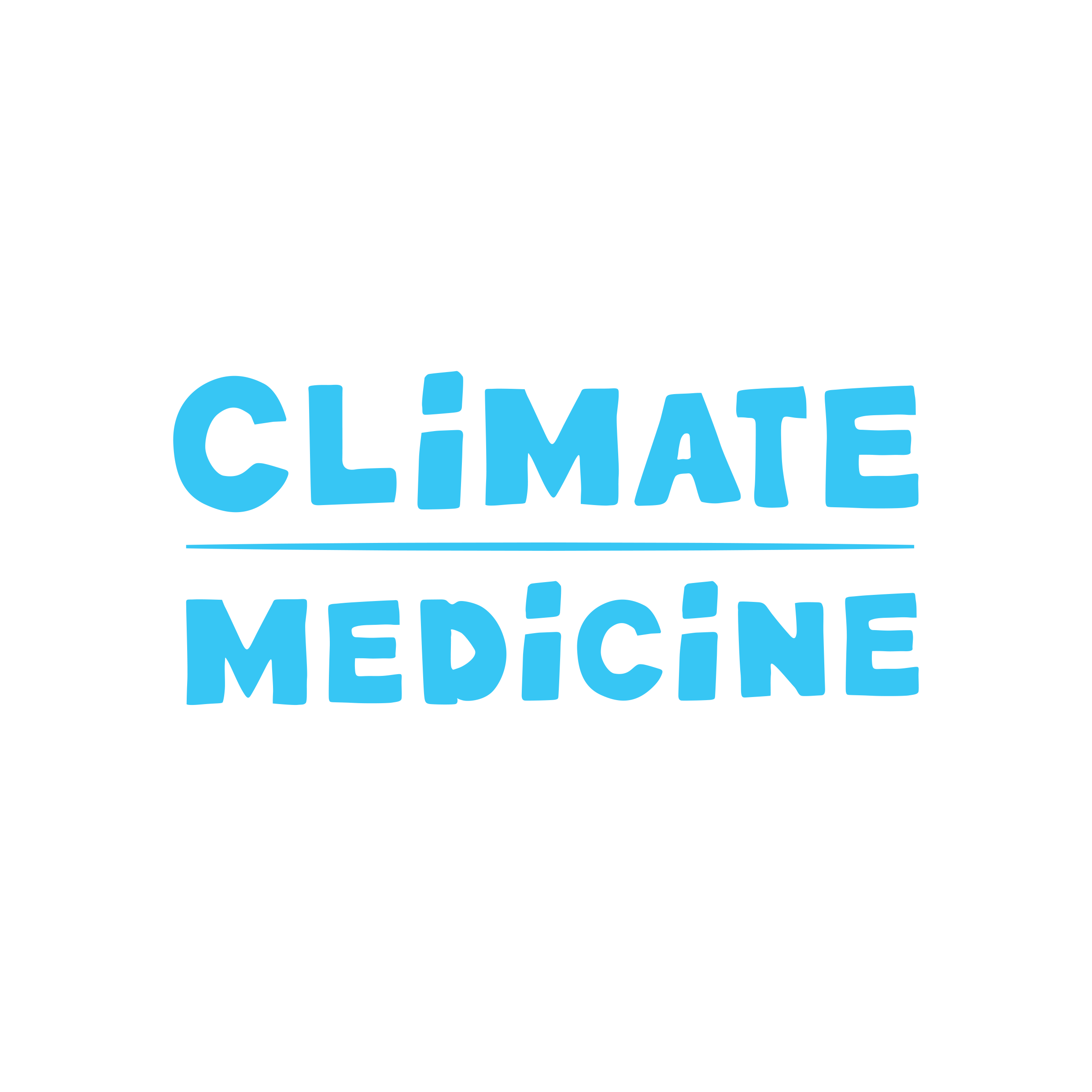Food and Water
Climate change means water insecurity.
Hotter temperatures and more extreme, less predictable weather patterns affect the distribution and availability of water, with the tropics experiencing more storms and flooding and the temperate zones getting much less rain and longer more intense droughts. Both of these problems mean water insecurity with impacts on food production, drinking supply, sanitation and health care. Water is inextricably linked with the financial and political spheres and, just like with fossil fuels, unscrupulous business practices place profits over the needs of humanity and the environment.
Australia is suffering terrible water insecurity. The current drought is most entrenched in the Murray Darling Basin which has seen its lowest three yearly rainfall on record (Jan 2017-Dec 2019), meaning reduced water storage, runoff and river flows and decreased groundwater. The Darling River is dry in many places, a stagnant pool in others, the carcuses of rotting fish lining the once mighty riverbank.
Despite this environmental stress, water is being used to clean coal and irrigate cotton. The rorting of the Murray Darling Basin Plan by big cotton is well documented and Federal and State governments are still opening new water intensive coal mines. Towns are under extreme water stress with drinking water being trucked in but no water available for farming, agriculture, gardens and trees.
Global food supplies are decreasing due to climate change.
Global hunger is on the increase with undernutrition affecting one-in-nine people globally. Climate change has now joined conflict and economic inequality as a major cause of food insecurity.
Hotter temperatures and decreased overall rainfall places extreme pressure on food production, with failure of crops and loss of livestock. Changes in rainfall patterns and extreme weather events add further difficulties for farmers trying to feed a hungry planet.
That our current food system contributes to 24% of global greenhouse gas emissions, shows we need to change how we produce our food and our consumption habits. By far the most impactful practice we have is beef and lamb consumption. Cattle farming is highly water intensive, is responsible for loss of biodiversity and forest cover due to land being cleared for farming and produces greenhouse gases including methane, nitrous oxide and carbon dioxide.
Increased atmospheric carbon dioxide reduces the nutritional content of grains, particularly rice and wheat. Though higher CO2 increases the growth of some cereal crops they are less nutritionally dense with declines in their protein, zinc, iron and B vitamin levels.
The EAT Lancet Commission and Food, Planet and Health is a global project that investigated how we can feed our planet's population and avoid mass starvation. They recommend the Planetary Health Diet which is rich in plant based food and low in animal products, especially red meat. This diet is not only healthy for humans but is also less intensive for land and water use.
REferences
https://www.ipcc.ch/srccl/chapter/summary-for-policymakers/
https://eatforum.org/eat-lancet-commission/
https://www.unwater.org/water-facts/climate-change/


